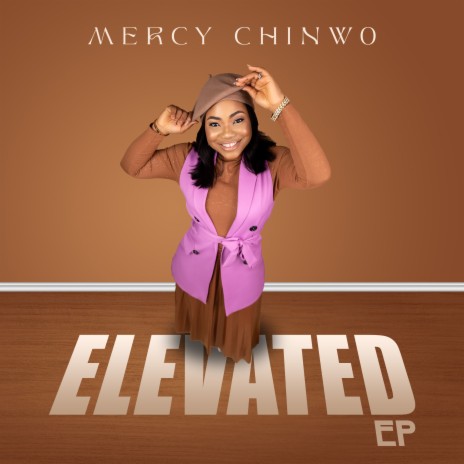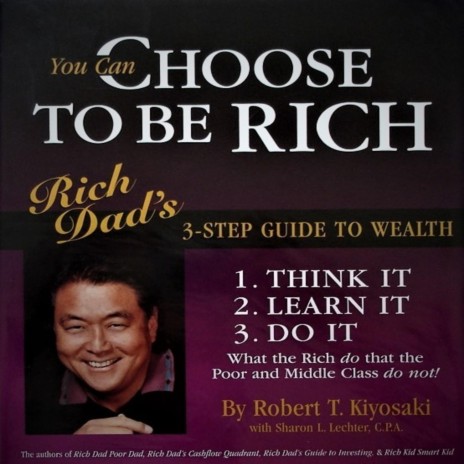
Assets And Doodads Lyrics

- Genre:Acoustic
- Year of Release:2023
Lyrics
And, in fact, in Max's case, he doesn't have what the biggest doodad typically is: a home
What do you mean?
A home
A home is a doodad
Exactly. Again, the definition is: an asset is an asset if it puts money in your pocket
Your home isn't likely to be putting money in your pocket
But it's the American dream, Diane
Absolutely, it's the American dream
And what it is, is the banker's dream
Because you get to make payments to the banker
No, seriously, and a home can actually be an investment
If the equity in that is converted to an asset that creates income
In other words, I've seen people have a house they've lived in for a number of years
And have built up a large amount of equity
Now, equity is defined as the difference between what the house is worth
And what the mortgage is
So, they have a lot of equity in their home
They have the possibility of selling that
And then buying a more modest home
And taking the difference to buy a property that can put money in their pocket
So, there is a potential asset here
But meanwhile, it's just a doodad
And many people, though, Diane, don't they go out and get second mortgages
Third mortgages, and they say"OK, I'm going to borrow this money against my house at nine.5
And I'm going to go out and buy stock, and I'm going to buy something else"
And what happens is they end up getting deeper in debt, don't they?
In fact, Sharon, we see a great example of that in the next step
And you can reference that at page three-35
It's the story of Dale and Susie
I'm going to leave that for later
But it's a very interesting story of what can happen
But we're not saying don't buy a home
We want you to have a home. We have homes. We have lovely homes
The issue is we bought a home that we recognized upfront was not our asset
Certainly, we hope that it will appreciate in value
But the value of your home is an opinion
You only realize that value when you sell it
So yes, many people do buy homes in the hopes that they will appreciate
But every month, does that home generate income for you?
I think the answer is no
But every month, you pay your mortgage payment
You pay your yard service (or you're out there doing it yourself)
And you pay your utilities bill
That house is a liability if you look at it based on Rich Dad's definition
Is it an asset or a liability?
And that's what we want you to understand
We want you to own a home
We want you to own a home as big as you want it to be
But recognize that it's not an asset
And you need to be able to build assets so that the assets help you pay for your home
In fact, the theory of preparing the financial statements
Is not to tell you you must do this or you must not do that
It's basically just putting the right words and the right definitions for what you have
By the way, the very wealthy have huge doodads
And it all has to do with the percentage of doodads to the even huger percentage of assets they have
Two other comments on Max's statement
Actually, we don't see them for the real estate and for the business value
However, in your case, as you go through to work on your financial statement
You might actually have these items
Real estate as an asset would be, again, not your home
This needs to be something that's putting money in your pocket
For the asset value, you need to list what the fair market value is
In other words, what realistically you could expect to sell this for
And subtract from that the current mortgage or mortgages on that property
That is the equity you have in the property
And that's also called the net value
So, on the asset line, we want to show the net or equity position in the real estate
Likewise, Diane, in the income section related to those assets
We want you to list the net amount of income or loss that you receive from each of those assets
Think of it as if you have a property manager (thank God) who is actually doing the accounting for you
They're receiving the rent, they're paying the expenses
And they're sending you a check at the end of the month
What you want to calculate is the monthly net income or loss
Hopefully income, from each of those assets
It's either passive income from real estate or passive income from businesses
Thank you, Sharon
Also, on the asset side, you'll show the business value
Now, this might be a little more difficult to assess
What this means is a business that you own that you could sell
And unfortunately, there's a lot of businesses that people have or that they call businesses
That are really nothing more than just a way for them to get paid, not through a W-two
In other words, there's no asset there to sell
So realistically, what could you sell?
Now, think about who would want to buy your business
Do you truly have a market?
Is there someone who could step into those shoes and would pay you money for the business?
If so, then you do have a value to the business
From that amount, subtract any debt that the business has
Separate from your personal debt
This would be the business credit line
It would be business credit cards
It might be a copier you bought on time
Whatever the total debt is in the business against the value if you were selling it
And this is where you really need to be honest with yourself, Diane
It's one of the areas that's most confusing, even for me, oftentimes
If you look at the cash flow quadrant
Many people who find themselves in the S quadrant consider themselves a business owner
And the distinction between the S quadrant business owner and the B quadrant business owner is a distinct line
If you are an S business owner, you own a job
You have to be there. That business is dependent on you and your efforts
Now, if you're a B business owner on the right side of the cash flow quadrant, it's wonderful
That's when the definition and the question
If you're not sure which one you are, ask yourself this question
Can you leave that business for a year, a whole year
And come back and find that business stronger and even bigger than when you left?
If the answer is yes, that's a B business
If the answer is no, that's an S business
So, in determining the net business value that you put in your asset column
It still may be appropriate for your S business
But remember, the income you earn from your own efforts are income that is in the first section of the income statement: earned income
The only business income that you have related to that asset is what you earn from the business itself, not through your personal efforts
So, many times, an S business owner truly doesn't have an asset as a business
They have a job
In fact, though, a business can provide every type of income to you
You can have a job where you receive money from your own business
It can be giving you a flow of income through the efforts of others, not your own
It can be paying you rent so you receive income through real estate
It can be paying you royalties for intellectual property
So it's possible through a well-set-up business to operate it so that you get many types of income
And you actually operate from more than one of the cash flow quadrants
Remember again: E, S, B, and I
Each one of those can be operated through your own business
And you remember Rich Dad's recommendation was: build your business
And let your business help you buy your assets
So it's building a business from the very beginning concept of an idea through a thriving business
And then you'll be able to utilize the income that you receive from that business to buy other assets such as stocks, real estate, and securities
That's the magic formula that Rich Dad used
It's the magic formula that Robert has used
And it's the magic formula that we're going to talk about more as we get further into this section.
More Lyrics from Robert T. Kiyosaki Songs
-
Financial Education lyrics
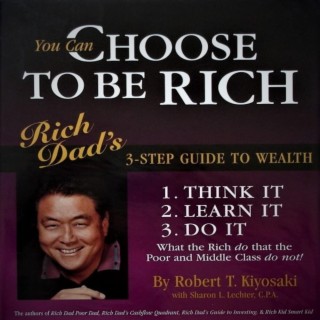
-
Cash Flow and Leverage lyrics

-
Introduction / Background lyrics

-
Choose To Be Rich lyrics

-
Don't Work For Money / Financial Literacy lyrics

-
Broke is Temporary lyrics

-
New Rules For The Information Age lyrics

-
Think Big / Think Small lyrics

-
What You Will Learn lyrics

-
Misconceptions About Being Rich lyrics

-
Your Ideas Are Your Reality lyrics

-
Generosity lyrics

-
Myths Of The Poor And Middle Class lyrics

-
The Importance of Numbers lyrics

-
Analyzing Your Financial Statement lyrics
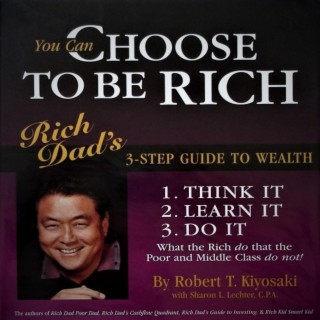
-
Cindy lyrics

-
Dale And Susie lyrics

Similar Songs
-
DEEP CONSECRATION WORSHIP

-
Ojoro ft. Clement Whyte

-
MAMI WATA

-
Money

-
Men Don Show Face ft. Flavour

-
Kwikwi
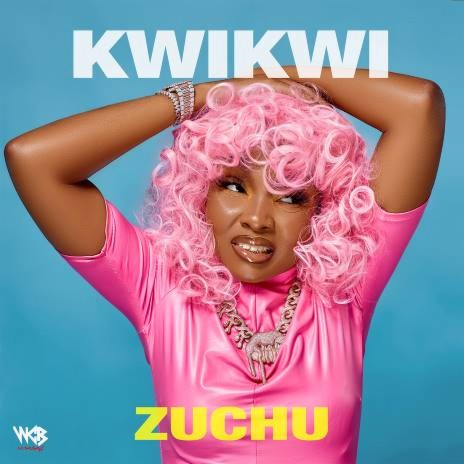
-
What If I Say

-
Pree Me

-
Bigger Every Day ft. Festizie, Membrane, Uwa, Chris Heavens & Temple
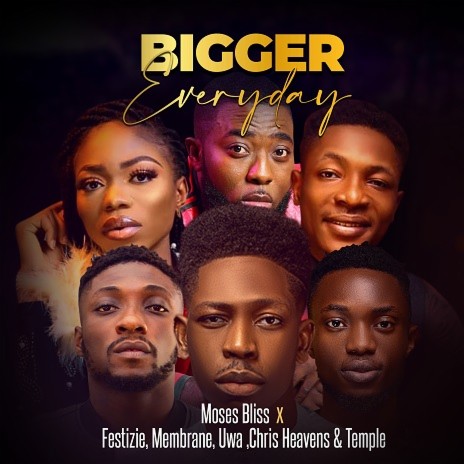
-
Vibration

-
Prophecy
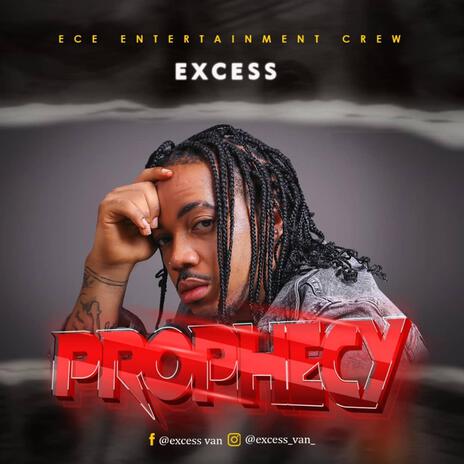
-
Only You Satisfy

-
Holy Spirit

-
Things on Things
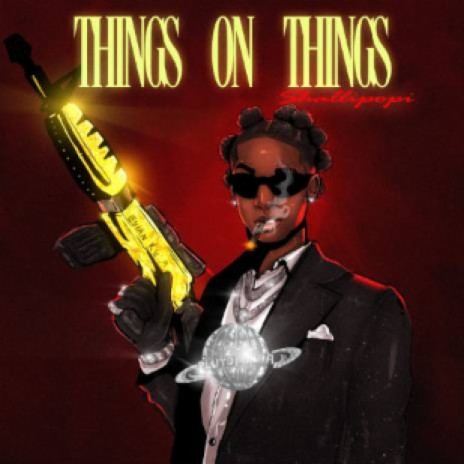
-
We Move (High Praise)

-
Ekwueme ft. Osinachi Nwachukwu (ETTWP)

-
Sumu ft. Marioo

-
Sticks Out

-
Emotional Killer (Instrumental)

-
Yesterday Today Forever
